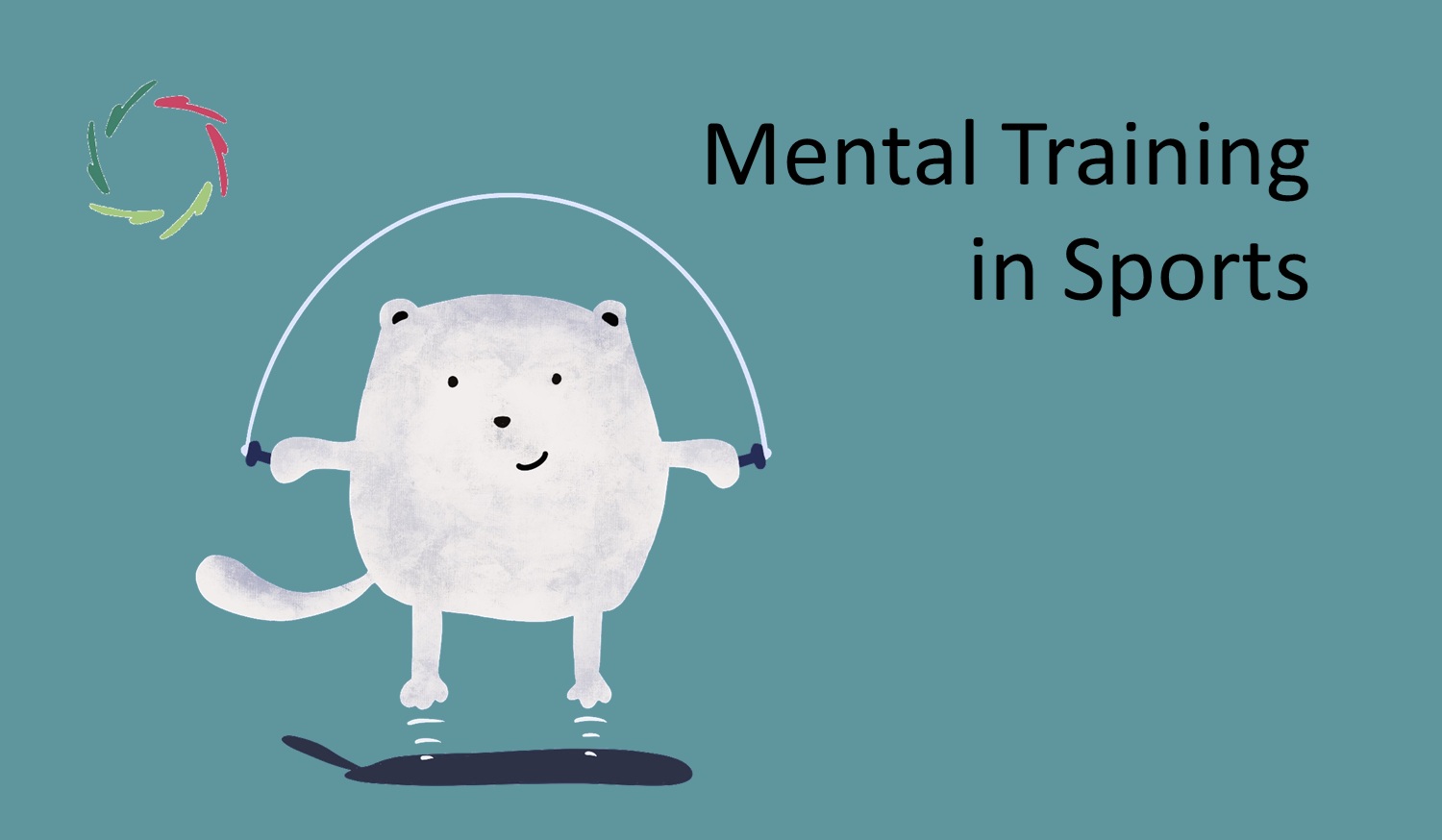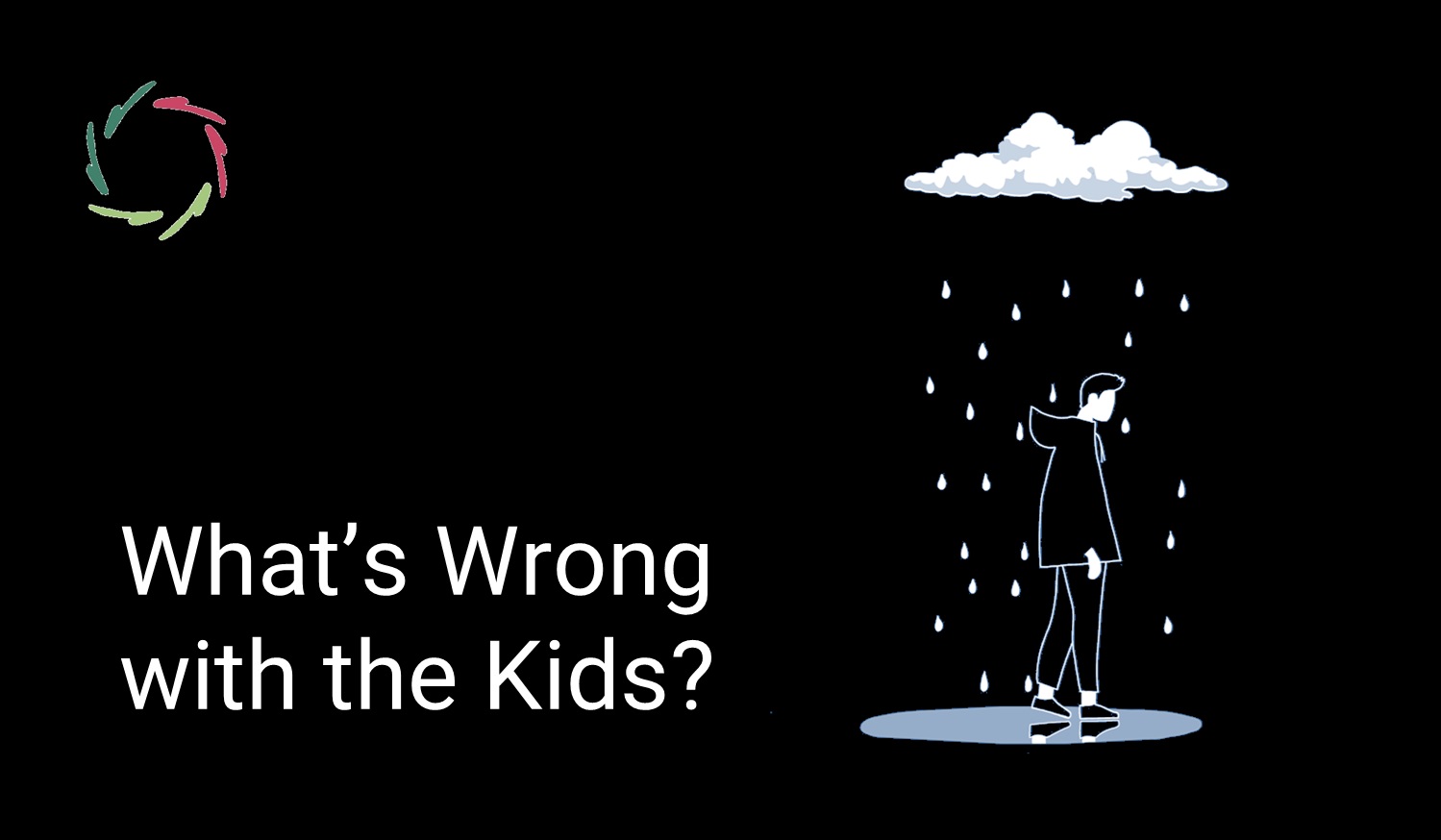Mental Training in Sports

Traditional sports psychology offers a range of techniques, such as visualization, self-talk, and mental mapping. These are undoubtedly effective, but they often remain at the surface level.
Lisa (soon, stay tuned!) provides an approach that goes deeper, tapping into the subconceptual domain of the mind to unlock an athlete’s full potential.
Beyond visualization
Conventional sports psychology primarily addresses the conscious mind through conceptual tools like affirmations and goal-setting. However, AURELIS (pragmatically through Lisa) introduces the concept of subconceptual training, which engages the deeper, nonconscious layers of the mind. This level of mental processing forms the foundation of instinctive behavior and automatic responses crucial in sports.
By utilizing autosuggestion, athletes can shape and reinforce positive mental patterns that influence their performance subconsciously. This approach integrates both mind and body in a natural flow, ensuring that the athlete’s physical skills are guided by internal stability and mental clarity.
Dynamic autosuggestion: evolving with the athlete
Unlike static mental exercises, AURELIS’s autosuggestion sessions are dynamic and personalized. They evolve with the athlete’s journey, adapting to current challenges, stress levels, and performance goals. This adaptability is particularly important for high-level athletes who need precise and evolving mental training to meet the demands of different competition stages and scenarios
For instance, if an athlete experiences a period of stress or burnout, an autosuggestion session can focus on reconnecting with deeper motivations, while at another time, it might shift to enhancing focus and clarity before a competition.
The role of Lisa as a ‘pattern coach’
Rather than simply providing predefined mental exercises, Lisa helps athletes understand and reshape the deep-seated patterns influencing their performance. This involves working with the athlete to create a personalized mental training plan that targets subconceptual processes, guiding them to align their subconscious patterns with their conscious intentions
Through this tailored coaching, athletes gain awareness and control over the mental patterns that impact their instincts and reflexes. Whether preparing for a tennis match, a marathon, or a fencing competition, the guidance becomes specific and relevant to the athlete’s needs.
Building Inner Strength for long-term resilience
While many athletes use mental training to enhance focus or manage stress, AURELIS goes further by fostering Inner Strength. This is not just about building mental toughness but about cultivating a deep and enduring connection with the athlete’s intrinsic motivations. By accessing these deeper layers, athletes not only achieve peak performance but also find meaning and joy in their sports journey.
Inner Strength sessions can be specifically designed to promote resilience and balance. These sessions encourage athletes to grow in ways that transcend immediate results, building a foundation for sustainable success and fulfillment
Customized mental training for different sports
Athletes in different sports have unique mental needs — cyclists need endurance, tennis players require strategic focus, and fencers rely on reflex speed. Lisa’s autosuggestion techniques are tailored to match these specific demands. Lisa can guide athletes through autosuggestion sessions designed for their sport’s particular mental challenges, ensuring that their training aligns with the physical and tactical elements they are practicing.
This comprehensive and personalized approach distinguishes AURELIS/Lisa from generic mental training programs, offering athletes a targeted solution for optimal results
Integrating technology: the future of mental training
To make mental training even more effective, AURELIS can (soon) integrate with modern technology, such as wearables and performance-tracking devices. By using data from these tools – like heart rate variability or stress levels – Lisa can adapt autosuggestion sessions in real-time, providing immediate and personalized support based on the athlete’s current mental state.
This data-driven approach not only enhances the effectiveness of the training but also positions Lisa as a cutting-edge solution for athletes looking to optimize both their physical and mental performance
Extending mental training to ‘weekend warriors’
While AURELIS and Lisa offer top athletes the tools they need for competitive edge, the approach is equally beneficial for recreational athletes, or ‘weekend warriors,’ who want to improve their game and enjoy their physical activities more fully. Lisa makes advanced mental training accessible to the general public, providing sessions that support everything from improving concentration to managing anxiety during sports.
The message is clear: mental training is not exclusive; it is for anyone who wants to achieve a deeper connection with their body and mind, enhancing not only their sports performance but also their overall well-being.
Lisa as a holistic mental training solution
In a sports world where the smallest mental edge can make a huge difference, AURELIS stands out by offering a holistic, scientifically-grounded approach. Combining rationality and depth, it provides athletes of all levels with the tools they need to train their minds effectively. With Lisa as a trusted guide and coach, athletes are invited to go beyond surface-level techniques and tap into the full power of their subconscious.
Whether you’re a professional athlete, a weekend warrior, or someone looking to explore the connection between body and mind, here’s an inviting and innovative path to peak performance.


